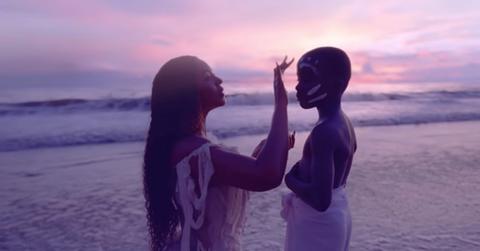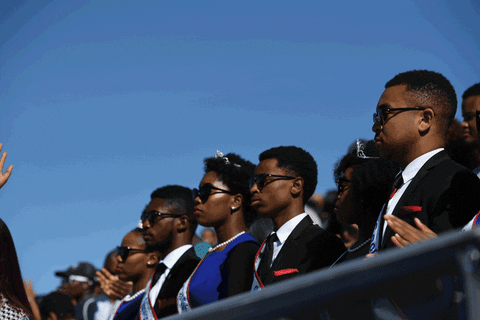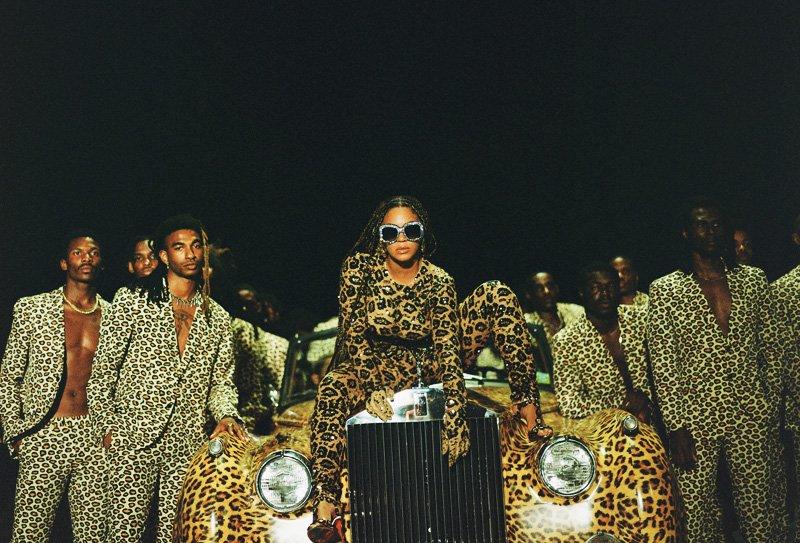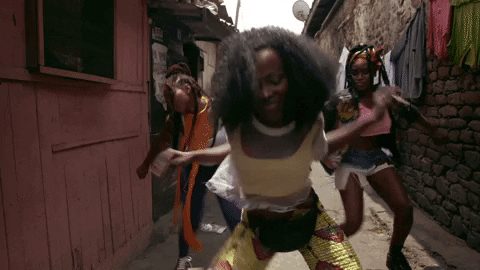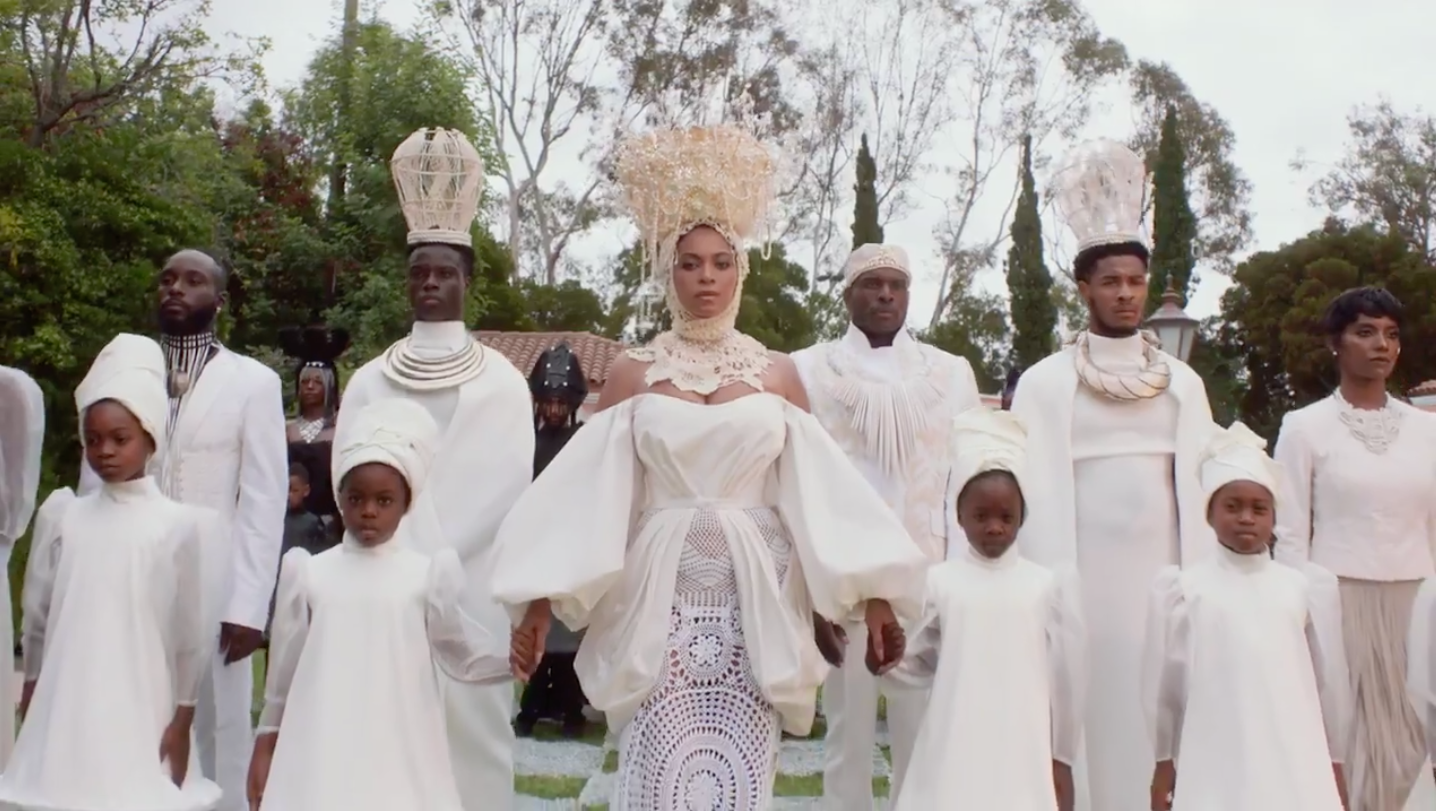Black Is King: More Than A Film, Beyoncè Showcases A True Homecoming For Black People
The time has come.
The highly anticipated visual album Black Is King by 24-time Grammy Award-winning Beyoncé is officially out now through Disney+. The film is based on the singer’s soundtrack album The Lion King: The Gift associated with the 2019 remake of the Disney classic.
This art stricken film takes viewers on a global contemporary re-imagining of the classic Lion King through Blackness and its power.
For centuries, through the lenses of unfair eurocentric standards, Blackness has been synonymous with the opposite of love and beauty. In schools, we are never taught about our royal lineage, the strength embedded in our DNA, nor the culture and countries we built with our bare hands yet receive no credit for. In the film Black Is King, Beyoncé dispels all negative notions of Black people, Africa, and the perception of dark skin.
Black Is King follows a human Simba’s journey to finding his way back home both figuratively and literally. Beyoncé’s character is a guiding light and uses her voice to assist in narrating the story. The film also uses sound clips from The Lion King for smooth transitions that mold the story, and all of the protagonists are recreated as real-life characters with substance and a persona. For example, the hyenas in the original The Lion King are reinterpreted as a devilish biker gang, while ‘Mood 4 Eva’ portrays life with Timon and Pumba in a sumptuous mansion.
‘To live without reflection for so long might make you wonder if you truly exist.’
Black Is King is not simply a series of moving images, but a mirror for Black people to see who we are. We are constantly presented with various stereotypes of who we should be and are often categorized into a monolithic identity.
A year in the making, the stunning cinematographic masterpiece features a brilliant melanated cast and crew. In a message from Beyoncé which appeared on Good Morning America earlier this week, the star mentioned the various locations of shooting. Ranging from the singer’s backyard in Los Angeles, to New York, London, Belgium, South Africa, and West Africa, the film depicts the African Diaspora in its richness.
Prior to its release, speculations arose that this film would succumb to the gimmicky trend of “Wakandification” the idea that western media essentialize an array of African cultures and neatly packages them to sell to western audiences. However, it does the complete opposite.
This film is a visual feast that provides a glimpse into the vast, rich, and beautiful content of Africa, which is often depicted as poor and rugged. Through numerous stills that capture the land of our ancestors, Black Is King speaks to the diaspora encouraging them to find their way back to the land that birthed them.
‘We were beauty before they knew what beauty was.’
Throughout the film, Afrocentric beauty is normalized and celebrated. With shapely figures that wind to the beat of the soundtrack, gold teeth, and beautifully complex braids that have traveled through oceans, Black Is King also reminds us that we are still deeply connected to ancestry.
One of the most impactful lines in the film is, ‘If I will never know me, how can you?’ Due to our misplacement from our native roots, many Black people do not understand the power that is woven into our souls.
Black Is King may simply be a compilation of videos to some, but it is an accurate representation of the kings and queens that Black people are and have always been.

